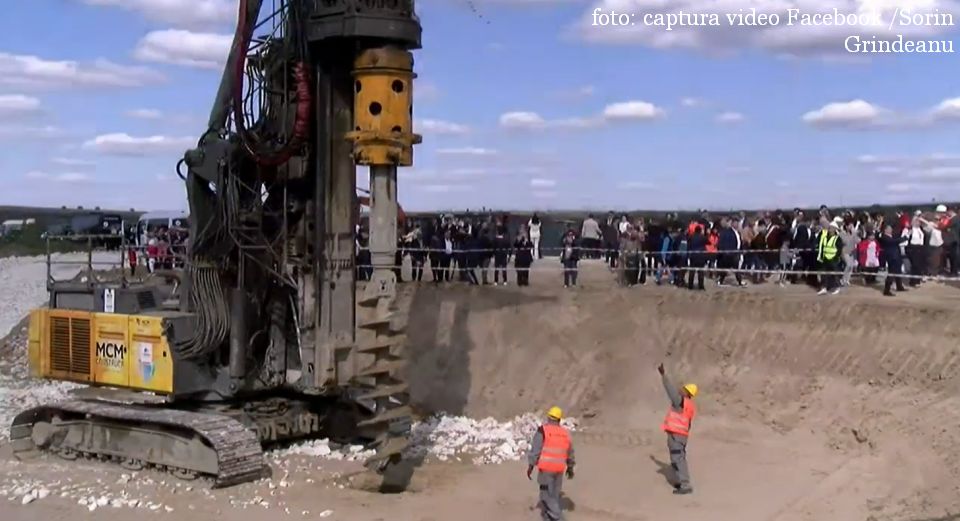Central Bank Warns against Economic Risks
Two new risks might endanger Romanias financial stability.

Roxana Vasile, 08.04.2016, 13:21
Romania remains financially stable, however the risks that might threaten this stability have grown since the previous year, reads the annual report of the National Bank of Romania, which maps the risks against the countrys financial stability and the dangers faced by its economic performance. This year, the National Bank added two new risks to the ones mentioned in its 2015 report. One of them is a severe systemic risk related to the uncertain legislative framework. The Governor of the central bank, Mugur Isarescu, explained:
Mugur Isarescu: “Over the past six months, there has been a growing number of legislative initiatives aimed at regulating the financial and banking market through retroactive intervention on the contracts signed between banks and their clients. The best known of them is the debt discharge bill. When Parliament revisited the bill, it passed a number of amendments that addressed some of the problems the original text raised, but the central issues are, on the one hand, the retroactive application of the law, and on the other hand the stability and predictability of the legislative environment. Another element that prompted us to identify all legislative proposals in the financial-banking sector as a severe systemic risk is the information we have about other legislative initiatives that may seriously affect the countrys financial stability, some of them motivated by 2016 being an election year.
Another new risk mentioned in the report is the so-called Brexit, the effects of which would question the very functioning of the European Union and would entail possible capital outflows, reductions of EU funds, the depreciation of the national currency, and higher financing costs. Also viewed as systemic risks are the possible decrease in investors confidence in the emerging markets and the refugee crisis. The deputy Governor of the National Bank, Liviu Voinea, spoke about other possible problems:
Liviu Voinea: “The growing foreign uncertainty must not be deepened by domestic weaknesses that we might create for ourselves. The banking sector has been strengthening, contagion risks have lowered, loans in the national currency have come to account for the largest share of the total loans. On the other hand, although payment discipline has improved, it is still a vulnerable point for non-banking financial companies. Similarly, access to home loans has improved, but it risks decreasing because of the recent legislative initiatives.
As of next year, the central bank will issue bi-annual reports, to be released in April and October, Governor Mugur Isarescu announced. This is on the one hand because the Romanian central bank adopted the model of the European central bank, and on the other hand because it seeks to provide updated and accurate data on the domestic and foreign challenges facing the countrys financial stability.
(translated by: Ana-Maria Popescu)






























